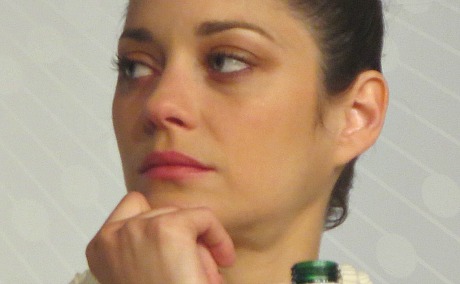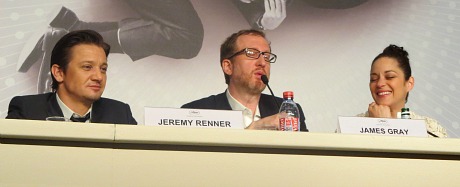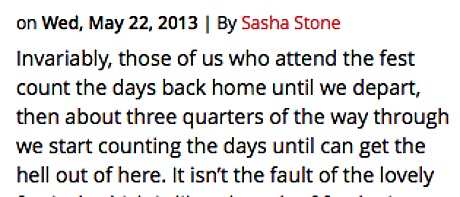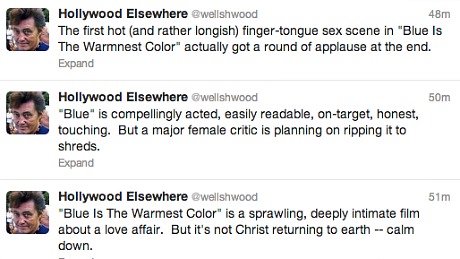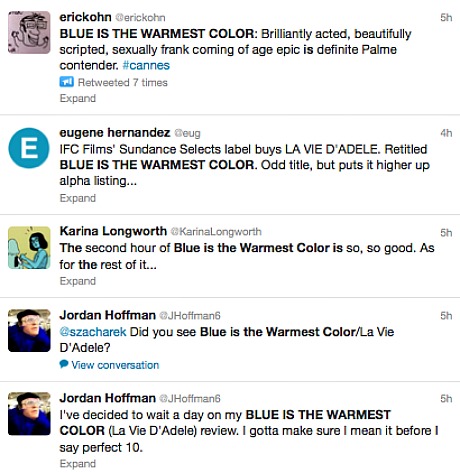Earlier this afternoon I took part in a Carlton Hotel round-table chat with Nebraska costars Bruce Dern, Will Forte and June Squibb. Dern was the life of the party, going on about everyone and everything, a totally crackerjack raconteur telling the greatest stories about John Wayne, Alexander Payne, Walter Hill, etc. Sharp as a tack and a naturally affable charmer. The Cowboys, The Driver, Drive He Said, Castle Keep, The Laughing Policeman…the publicist had to drag him out of the room.
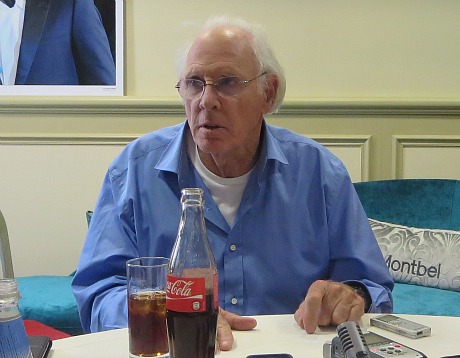
Nebraska costar and likely Best Supporting Actor contender Bruce Dern, especially if Dern works the circuit. The guy’s a natural and he’s been humping it since the mid ’60s…almost 50 years.
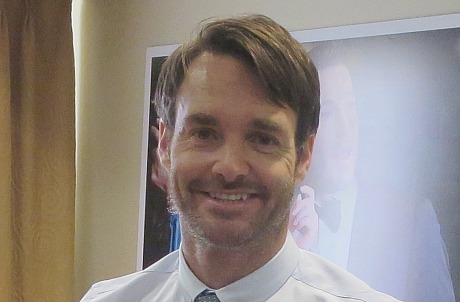
Nebraska costar Will Forte — Friday, 5.24, Carlton Hotel, 2:55 pm.
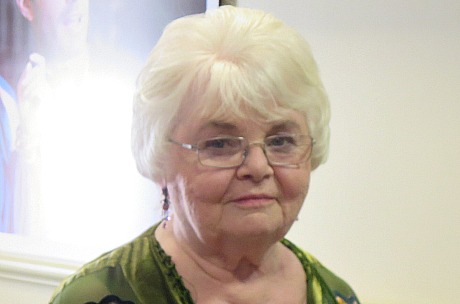
Nebraska costar June Squibb.

